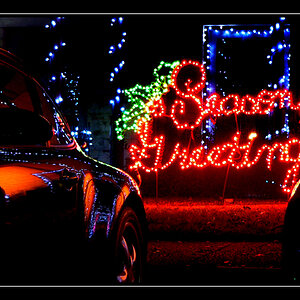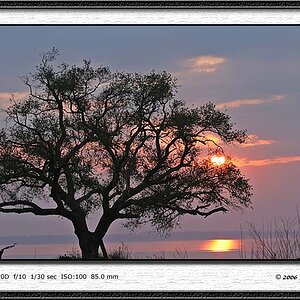john sherratt
TPF Noob!
- Joined
- Aug 31, 2010
- Messages
- 127
- Reaction score
- 2
- Location
- okotoks calgary
- Can others edit my Photos
- Photos OK to edit
Hi so i thought i would post a picture i took today i'm still very new to this and have a lot to learn but i think it looks ok is it a keeper or delete it lol thanks john.
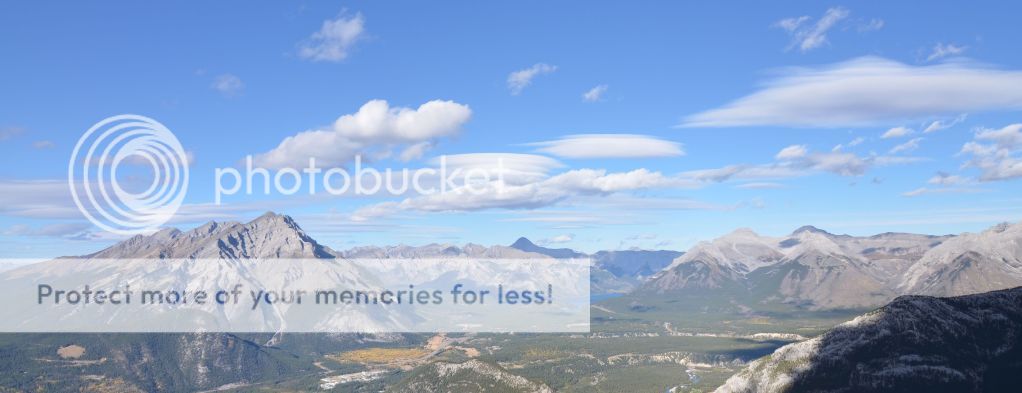




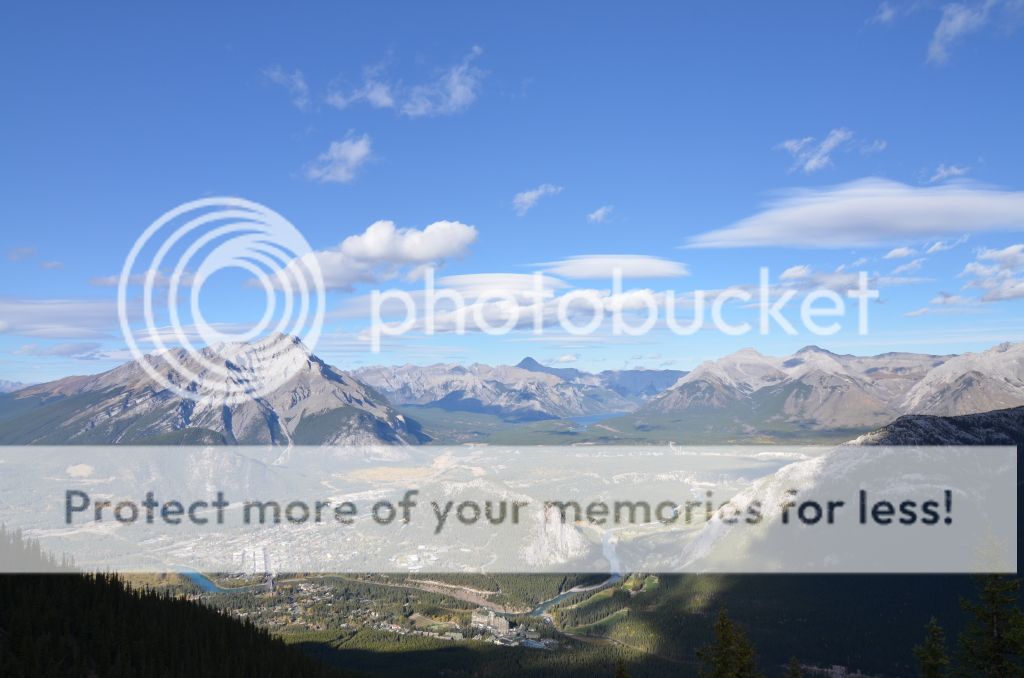
 )
)
![[No title]](/data/xfmg/thumbnail/38/38263-ad5e4c9e677626ddb5b1e7cdf9ebe40e.jpg?1619738548)
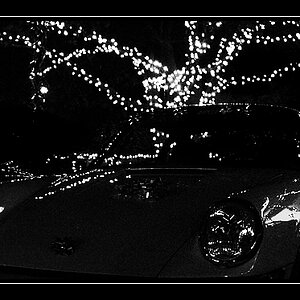
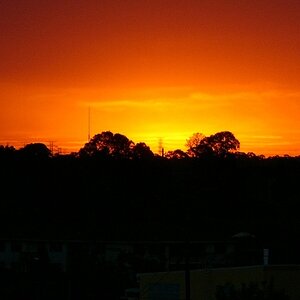
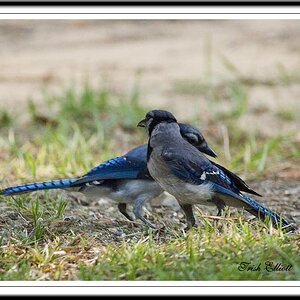
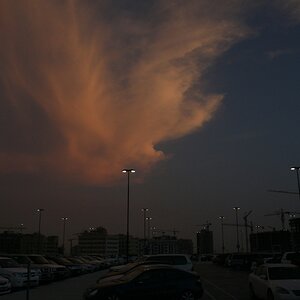
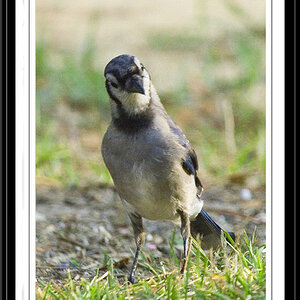
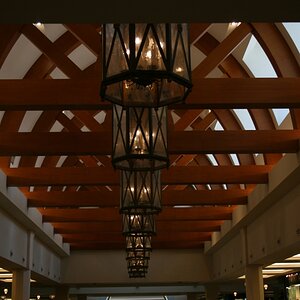
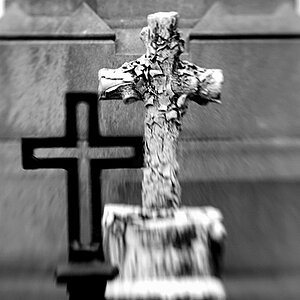
![[No title]](/data/xfmg/thumbnail/38/38261-db20f6f92ee8f0d4c5cf1536e308638b.jpg?1619738546)
